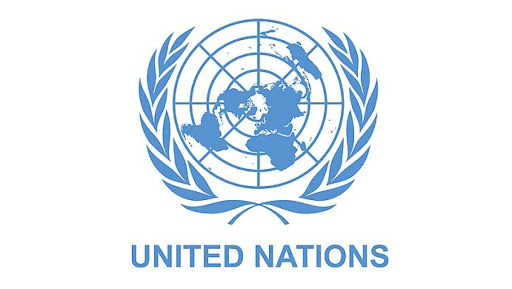NEW DELHI: India agreed to halt its military operations after achieving its primary strategic goals—political, military, and psychological—following a series of precision airstrikes on critical Pakistani military infrastructure, government sources said.
Early Saturday, Indian forces launched deep-penetration strikes using BrahMos supersonic missiles and other standoff weapons, targeting several key airbases in Pakistan. The most notable was the attack on the Nur Khan-Chaklala airbase near Rawalpindi, which inflicted damage on infrastructure near the headquarters of Pakistan’s Strategic Plans Division—the body responsible for managing its nuclear arsenal. The base's proximity to Islamabad, just 10 km away, added to the operation’s strategic impact.
The strikes reportedly rattled Pakistan’s security establishment, especially given longstanding concerns about the vulnerability of its nuclear command and control systems in the absence of reliable alternate chains of authority.
Following the escalation, Pakistan is said to have reached out to the United States for diplomatic support. U.S. Secretary of State Marco Rubio held separate calls with Pakistan Army Chief General Asim Munir and Indian External Affairs Minister S. Jaishankar on May 10. During the exchange, Rubio informed Jaishankar that Pakistan was prepared to cease hostilities.
Indian sources emphasized that no political dialogue was entertained and Pakistan was instead directed to coordinate through military channels, specifically the Director Generals of Military Operations (DGMOs). The DGMOs from both sides spoke at 3:35 p.m. on the same day, leading to a cessation of firing.
Officials in New Delhi strongly denied any suggestion that India had sought external mediation to end the conflict, asserting that the decision to pause was entirely India’s own, made after successfully achieving its strategic aims.




